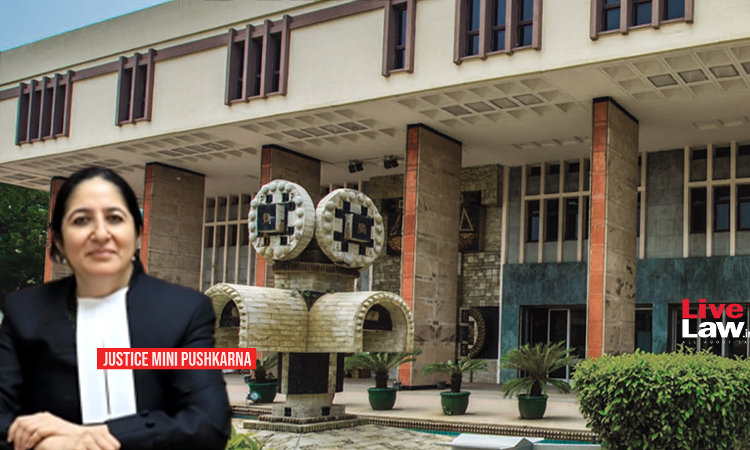Members Of Joint Venture Cannot Invoke Arbitration Clause In Their Individual Capacity: Delhi High Court
Parina Katyal
8 Oct 2022 9:30 PM IST

Next Story
8 Oct 2022 9:30 PM IST
The Delhi High Court has ruled that where an agreement is entered into by the parties by forming a consortium / Joint Venture, one of the members of the consortium cannot separately invoke the arbitration agreement in their individual capacity. The Single Bench of Justice Mini Pushkarna reiterated that when there is an agreement with a consortium, it is never the intention of...
